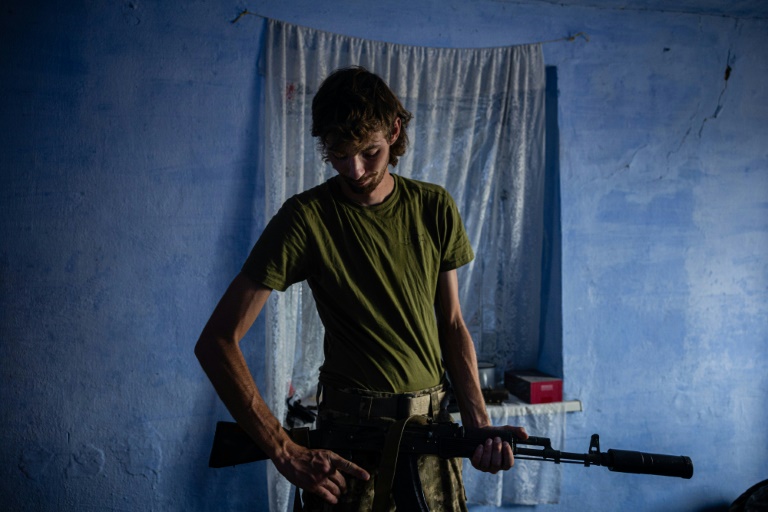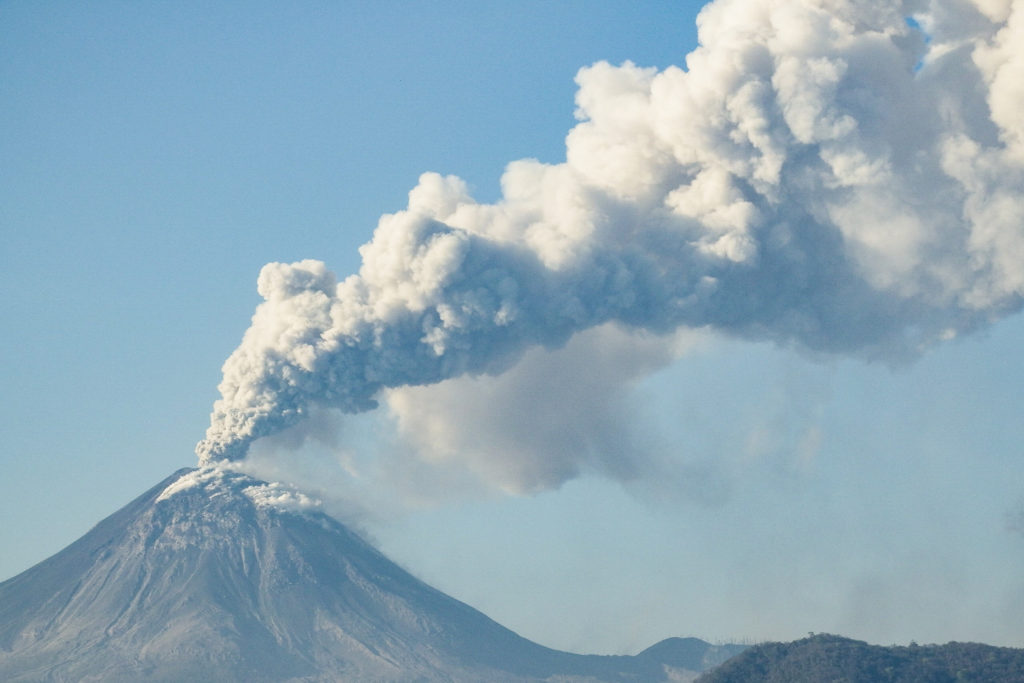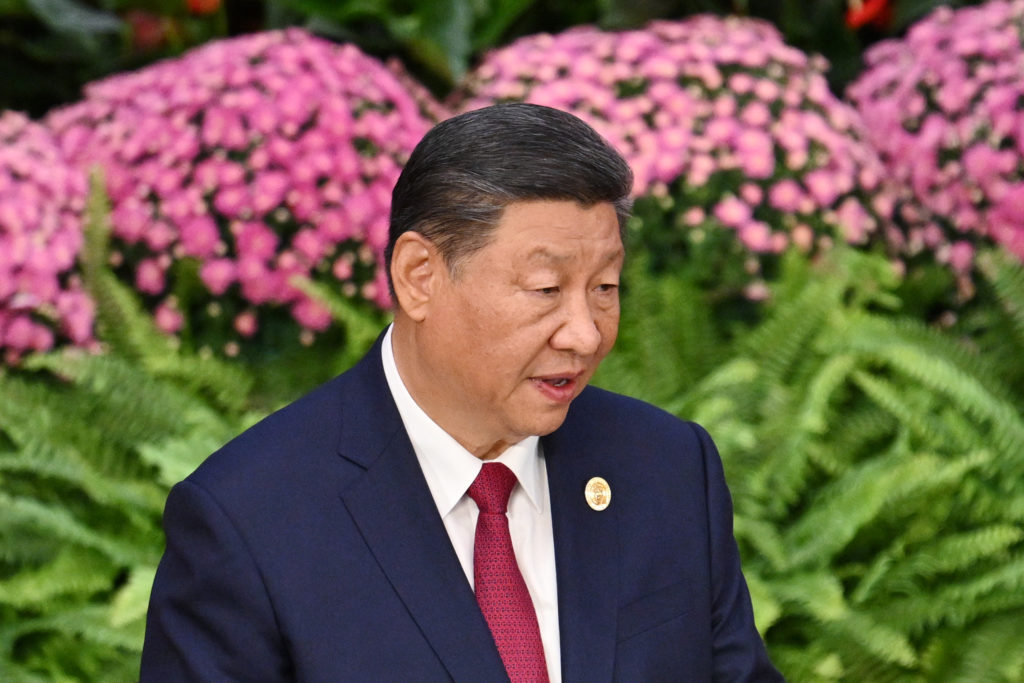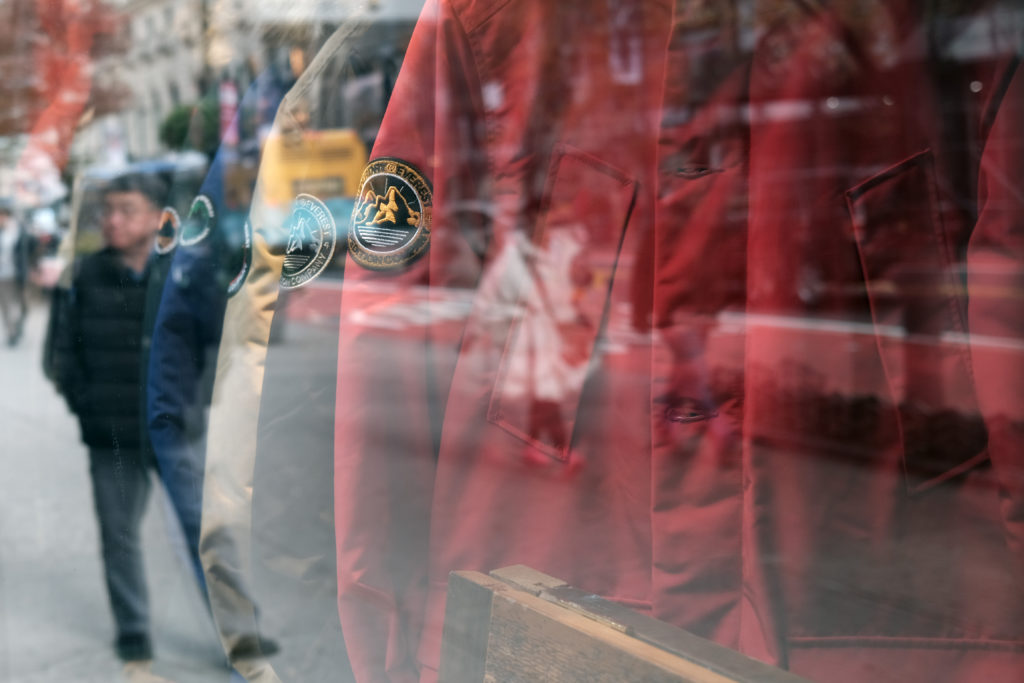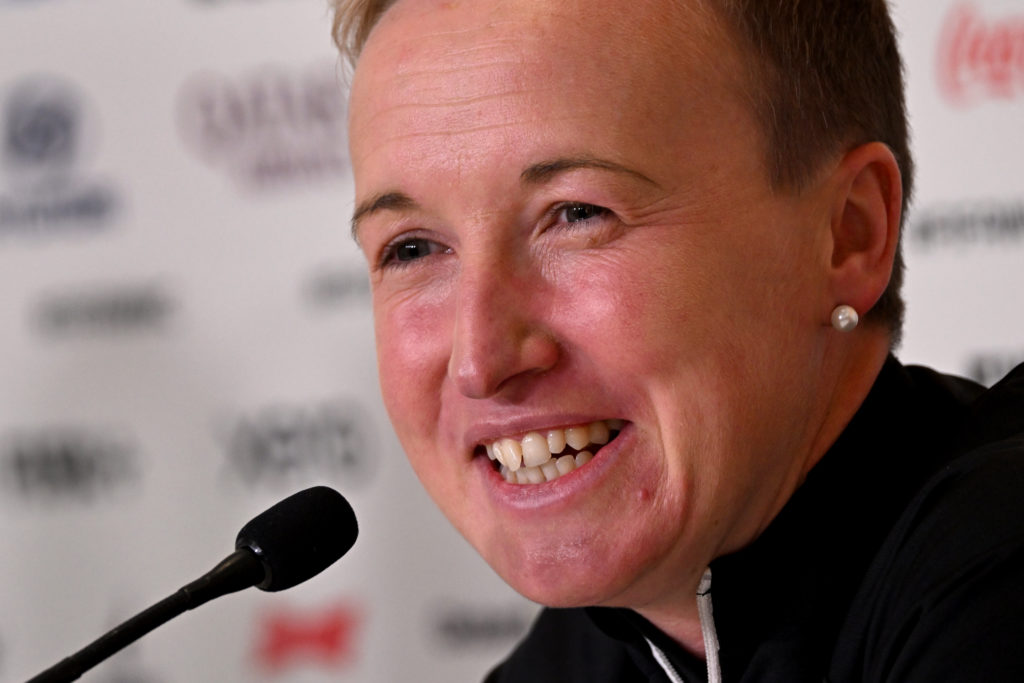Despite the mullet that earned him his "Rockstar" nickname, Gideon Rinehardt spent four years serving with the US National Guard
Back home in South Carolina, “Rockstar” was doing a bit of gardening. Today he’s scrabbling around in the trenches with a handful of foreign fighters as Ukraine stages an offensive to retake Russian-held areas.
Some 15 kilometres (nine miles) from the frontline, the lanky 26-year-old is roaming the streets of a Ukrainian village looking for cigarettes.
Despite the curly mullet that earned him his “Rockstar” nickname, Gideon Rinehardt spent four years serving with the US National Guard.
And that experience is probably what made him worthy of joining what he calls the “very special forces” where he’s now serving under a Ukrainian command alongside two other Americans, a Briton, a Frenchman and a Finn.
Getting there was a funny story, he says, recalling how he showed up at a recruitment centre in the western region of Lviv to join the International Legion for the Defence of Ukraine (ILDU).
“I’m not in great shape but I was still the best one there. So they asked me: do you want to join the normal army or do you want to be a badass?” he told AFP.
“I’ve never been with the Special Forces, so put me with the normal people,” he told them.
“But they still sent me here.”
– ‘Pretty intense’ –
Currently they are staying near a still-inhabited village in the southern Mykolaiv region, their barracks full of weaponry, from Czech assault rifles to anti-tank missiles.
With his comrades out getting supplies in Mykolaiv, the nearest city, Rinehardt is killing time listening to some Def Leppard heavy metal.
Other volunteers with the ILDU, which was created at the start of the war after an international appeal by Ukrainian President Volodymyr Zelensky, have complained about being badly equipped.
But Rinehardt says the Ukrainians are treating them “very well”.
Before joining in July, he was back in South Carolina “doing some gardening”, he says, without elaborating.
Since then, it’s been pretty intense, he says.
“It is a lot of moving in the trenches and into areas that we think the Russians are going to take.”
“There has been a couple of times when they shoot at us and we shoot back. I don’t know if I have killed anyone out here. I try not to think about it.”
– ‘This is trench warfare’ –
Many foreigners weren’t ready for this type of fight, he says.
“Nothing can prepare you for this war. Some are like, ‘I went to Iraq, I went to Afghanistan’, but this is completely different.
“This is trench warfare, like in World War I, and some Russian soldiers are awfully good at it.”
Ukraine this week launched a counter-offensive to retake southern areas held by Russia, notably around Kherson city and the region of the same name.
In a town near the frontline, the streets are buzzing with soldiers moving to and from the battlefield.
Some are waiting for a repair truck by an armoured vehicle that overheated. Others, just back from the front, are sitting in the shade under some trees.
“We really pushed them back yesterday,” smiles one soldier with a Ukrainian trident tattooed on his arm, who says his name is Victor.
But his commanding officer, an Afghan war veteran, is more prudent, warning the battle to retake Kherson will be “long and difficult”.
Although the foreign fighters are not taking part in the offensive itself, Rinehardt is pleased Ukraine has gone on the offensive.
“I think we do need to take initiative. That’s the best option right now.”
He decided to join up after being “disgusted” by the atrocities he saw on cable television.
Over the next two months, he’ll have to decide whether or not he will stay longer — and that depends on whether he receives winter gear.
Despite not speaking a word of Ukrainian, he says he’s careful to maintain good relationships with residents of the village where he is staying.
“This is a moral war, a war of public opinion. We need to behave respectfully. We’re going to leave, and they’re going to stay.”

